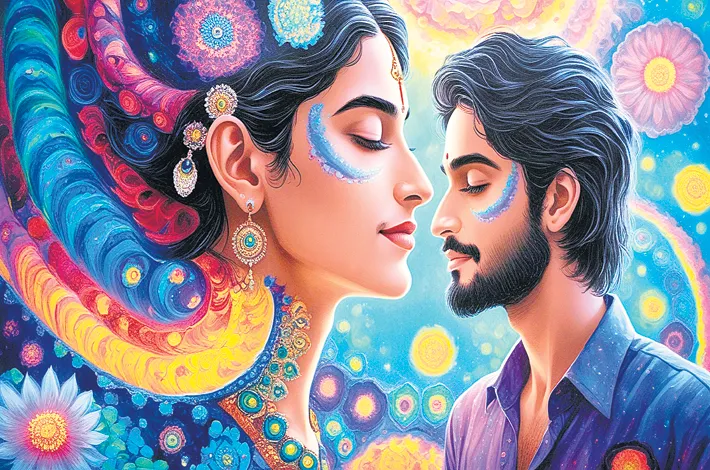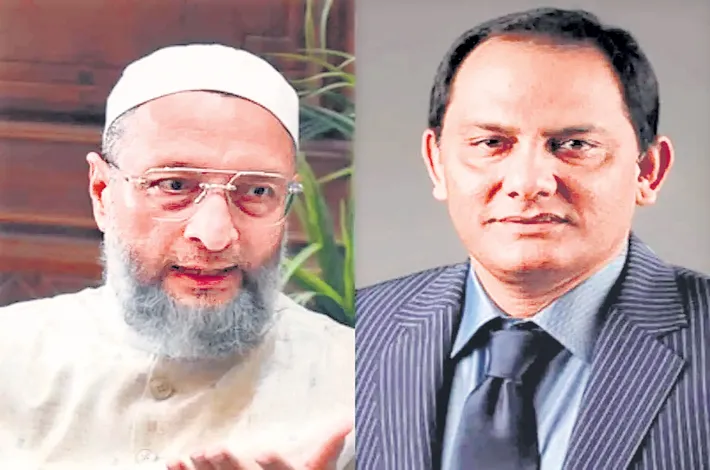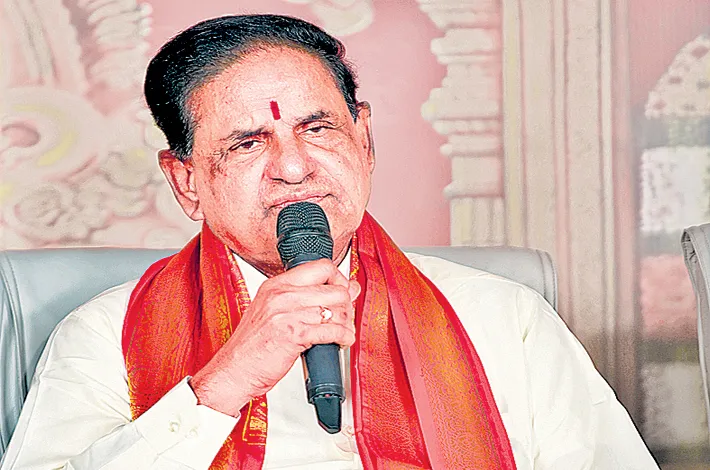Eternal Flame in pink city
21-07-2025 12:00:00 AM

In the bustling city of Jaipur, where the old-world charm of pink-hued palaces met the frenetic pace of modern life, Arjun and Meera’s love story began like a melody carried on the desert wind. Arjun, a compassionate young doctor, worked tirelessly at a small government hospital, his days filled with the chaos of saving lives. Meera, a talented painter with dreams as vivid as her canvases, ran a modest art studio in the heart of the city. Their paths crossed one monsoon evening when Meera, caught in a downpour, sought shelter in the hospital’s waiting area.
Arjun noticed her first—a young woman with damp hair clinging to her face, clutching a sketchbook as if it were her lifeline. “You look like you’ve been through a storm,” he said, offering her a towel with a warm smile. Meera’s eyes, bright with a mix of defiance and vulnerability, met his. “I like storms,” she replied. “They make the world feel alive.” That fleeting moment sparked a connection neither could ignore.
Their love blossomed over shared cups of chai at roadside stalls and quiet evenings at Meera’s studio, where Arjun would watch her paint, mesmerized by the way her brush danced across the canvas. Meera saw in Arjun a rare kindness, a man who carried the weight of others’ pain yet never lost his hope. Arjun, in turn, found in Meera a spirit that refused to be tamed, her art a window into a soul that burned with passion. “You’re my muse,” she told him one evening, unveiling a portrait of him, his eyes rendered with such tenderness it left him speechless.
But love, as it often does, came with shadows. Meera began to suffer from recurring headaches, dismissing them as stress from her upcoming art exhibition. Arjun, ever the doctor, insisted she get tested. The diagnosis was a cruel twist of fate: a brain tumor, inoperable, with months left at best. The news shattered them both, but Meera, with her fierce spirit, refused to let it define their love. “We have now,” she told Arjun, her voice steady despite the tears in her eyes. “Let’s make it enough.”
Arjun, however, couldn’t accept defeat. He threw himself into research, consulting specialists, seeking any treatment that could buy Meera time. He took on extra shifts to fund experimental therapies, hiding the toll it took on him. Meera, sensing his struggle, painted tirelessly, pouring her love into every stroke, determined to leave behind a legacy for him. Their days became a delicate dance of hope and heartbreak, each moment a precious rebellion against the ticking clock.
One evening, as they sat on the rooftop of Meera’s studio, the city aglow below them, she took his hand. “Promise me something, Arjun,” she said, her voice soft but firm. “When I’m gone, you’ll keep living. Not just surviving—living.” Arjun’s throat tightened, but he nodded, knowing it was a promise he wasn’t sure he could keep.
As Meera’s condition worsened, Arjun’s world began to fray. He neglected his patients, his health, his own dreams, consumed by the need to save her. Meera, ever perceptive, saw the man she loved fading under the weight of his desperation. One night, when her pain was bearable, she called him to her side. “You can’t save me, Arjun,” she whispered, her hand weak but warm in his. “But you’ve given me a love that will outlive me. That’s enough.”
In her final days, Meera’s studio became their sanctuary. Arjun would read to her from her favorite poetry books, and she would sketch him, her hands trembling but her spirit unbroken. One morning, as the first light of dawn crept through the window, Meera slipped away, her hand still clutching a half-finished sketch of Arjun’s face, a smile frozen in time.
The months that followed were a blur of grief for Arjun. The hospital felt empty, the city too loud without Meera’s laughter. Her paintings, now displayed in galleries across Jaipur, became a sensation, each one a testament to their love. Yet Arjun struggled to keep his promise. He avoided her studio, unable to face the memories it held.
One day, a young patient, a girl no older than ten, handed Arjun a drawing she’d made—a simple sketch of a doctor with kind eyes. “It’s you,” she said shyly. “You helped me when I was scared.” The moment cracked something open in Arjun’s heart. He realized Meera’s love wasn’t confined to her presence; it lived in him, in his work, in the lives he touched.
Arjun returned to Meera’s studio, now a gallery dedicated to her art. He stood before her final painting, a vibrant depiction of a flame against a stormy sky, titled Eternal. Tears fell as he understood: their love was not a fire that could be extinguished. It was a flame that would burn forever, guiding him to live as she had asked.
Years later, Arjun, now a renowned surgeon, opened a free clinic in Meera’s name, where art and healing intertwined. He never married, but he carried Meera in every smile he gave his patients, every life he saved. Her paintings adorned the clinic’s walls, a reminder that love, like art, transcends time. And somewhere, in the quiet corners of his heart, Meera’s voice still whispered, “Keep living, my love.”








